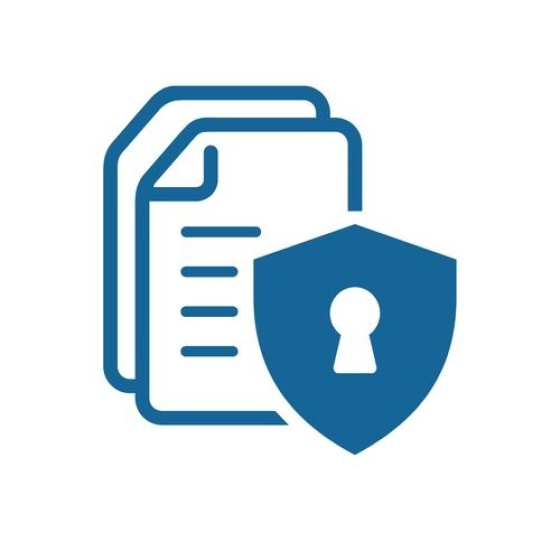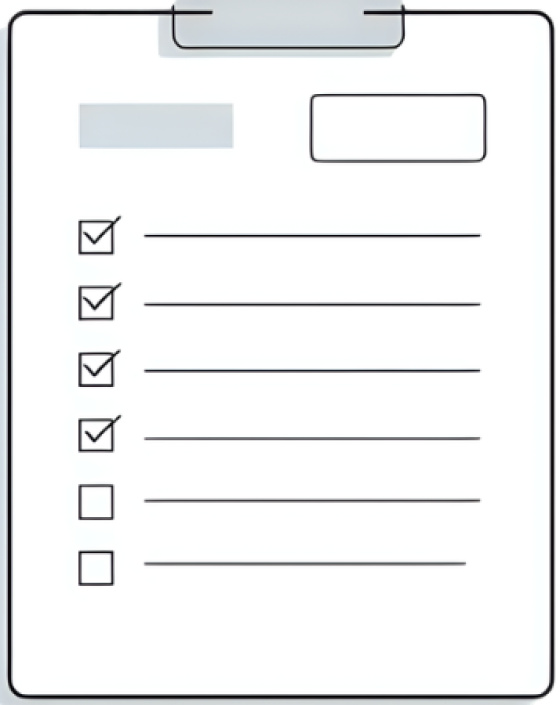Why is GDPR compliance essential for real estate professionals?

The General Data Protection Regulation (GDPR), which came into effect in May 2018, aims to harmonize data protection rules across the European Union. It imposes strict obligations on companies processing personal data — including real estate professionals, who often handle highly sensitive information such as contact details, income, or lifestyle habits.
The application of the GDPR
This European regulation aims to strengthen the protection of personal data for EU citizens. It requires businesses, regardless of their size or sector, to follow strict rules when collecting, storing, using, and sharing such data. One of the main objectives of the GDPR is to reinforce citizens’ rights, such as the right to information, access, rectification, erasure (“right to be forgotten”), and data portability.
Compliance with the GDPR therefore ensures the protection of this information while avoiding the risk of penalties, which can reach up to €20 million or 4% of the company’s annual global turnover, whichever is higher.
For example, the AG2R La Mondiale group, specializing in social protection, was fined €1.75 million by the CNIL for failing to comply with GDPR obligations. The violations involved two key issues: excessive data retention (over two million clients affected, in some cases beyond legal time limits) and insufficient information provided to individuals during telephone solicitation.
Another significant example is the Carrefour group, fined over €3 million in 2020 for multiple breaches, including cookie mismanagement and delayed handling of users’ data access and objection requests.
To learn more:
https://www.soulier-avocats.com/cnil-sanction-de-175-million-deuros-a-lencontre-dag2r-la-mondiale/
https://www.dalloz-actualite.fr/flash/de-multiples-manquements-de-carrefour-lourdement-sanctionnes-par-cnil
These two examples highlight the importance for all businesses — including those in real estate — of investing in rigorous GDPR compliance. This includes risk assessment, data security, and transparency toward users to avoid heavy sanctions and preserve reputation. It’s also worth noting that recent studies show 78% of consumers are more likely to trust a company that actively protects their personal data.
GDPR obligations in the real estate sector
By nature, real estate professionals handle a significant amount of sensitive personal data, placing them at the heart of GDPR compliance requirements — including identity and contact data (name, address, ID copies, email, phone number), financial data (bank details, payslips, tax notices), professional data (occupation, employer), and even particularly sensitive data (family situation, potential medical information, etc.).
The main obligations in this area are as follows:
Informing clients about data processing
Any data collection must be preceded by clear information regarding its use, storage, and potential sharing.
Obtaining explicit and informed consent
This is a mandatory step before collecting personal information and using it for purposes such as communication or marketing.
Implementing security measures and reporting data breaches
Businesses must ensure that data is protected against unauthorized access, loss, or theft in the event of cyberattacks. In case of a data breach, companies must notify the CNIL within 72 hours and, if necessary, inform the affected individuals.
Ensuring the right of access and deletion
Clients must be able to review, request modifications to, or delete their data. For example, a client can ask an agency to delete their information after purchasing a property. The agency then has one month to respond and confirm data erasure.
Limiting data retention
Data must not be kept beyond the period necessary for the purpose for which it was collected. For example, a real estate agency should delete inactive prospect files after three years unless otherwise agreed.
Appointing a Data Protection Officer (DPO) and maintaining a processing activities register
Professionals handling large volumes of data must designate a DPO to oversee compliance and document all processes involving personal data.
Agence Plus, your trusted partner
Agence Plus offers a turnkey solution to ensure GDPR compliance and simplify the implementation of this regulation in your daily operations. With our software, you can:
Centralize client data securely.
Our software ensures GDPR-compliant management. When validating a buyer’s information, an automatic email requests their explicit consent to be added to your database. Without a response, their status remains “pending” in the GDPR section. A simple and secure process to respect personal data protection.
Automate consent management following the opt-in (explicit agreement) and opt-out (right to refuse) principles, while simplifying the tracking of client interactions.
Comply with client rights, including data access, rectification, and deletion.
Beyond meeting legal obligations and minimizing the risk of financial penalties, our software helps you build a trust-based relationship with your clients, positioning your agency as a reliable and rights-respecting professional. As a true partner in this strategic and legal priority, Agence Plus supports you in turning GDPR compliance into a lever for differentiation and long-term success.
Questions? Need real estate coaching or training? Our teams are at your disposal — let’s talk. Click here to book an appointment
To explore this topic further, the CNIL provides practical guides on its official website — valuable resources for understanding GDPR obligations and best practices in data protection:
https://www.cnil.fr/fr/me-mettre-en-conformite/rgpd-par-ou-commencer
https://www.cnil.fr/fr/rgpd-en-pratique-maitrisez-votre-relation-client
https://www.cnil.fr/fr/conformite-rgpd-information-des-personnes-et-transparence





